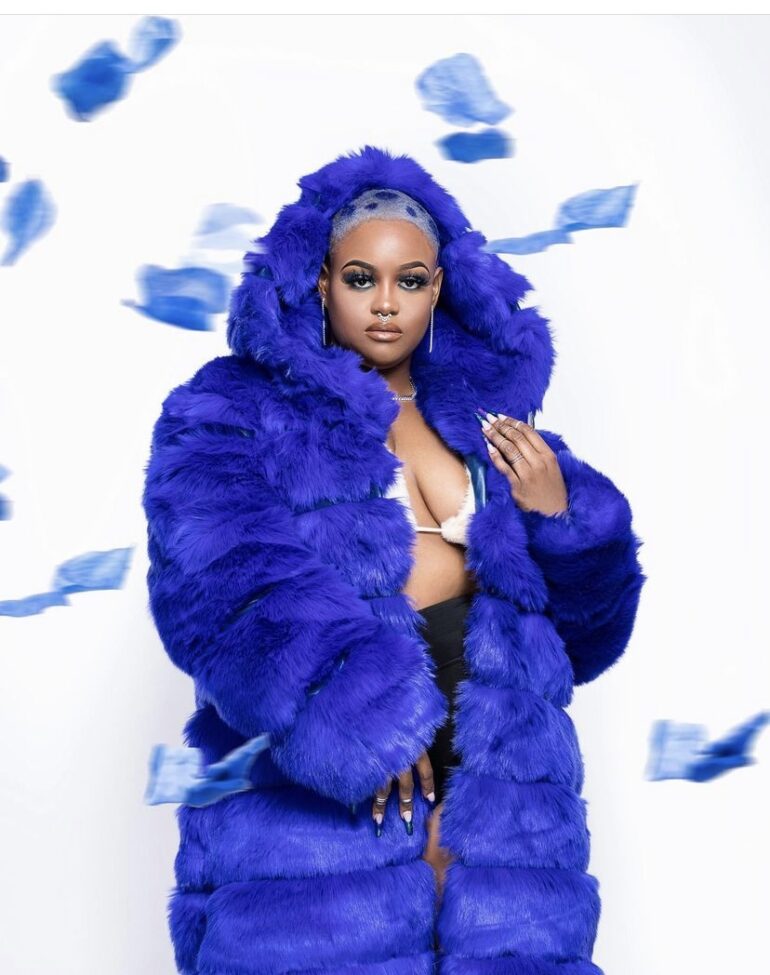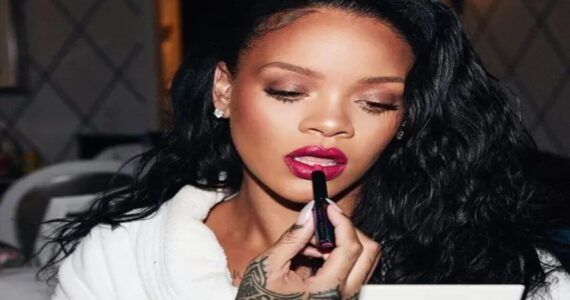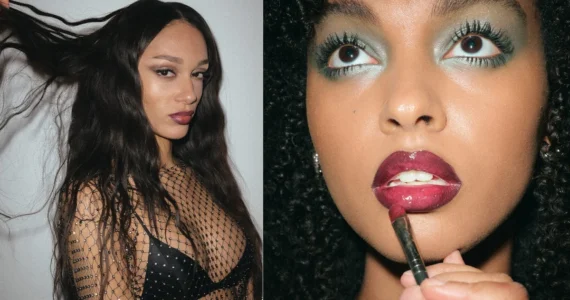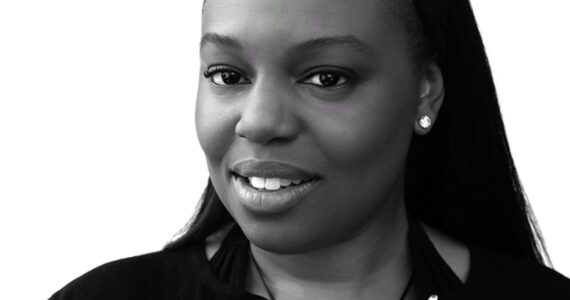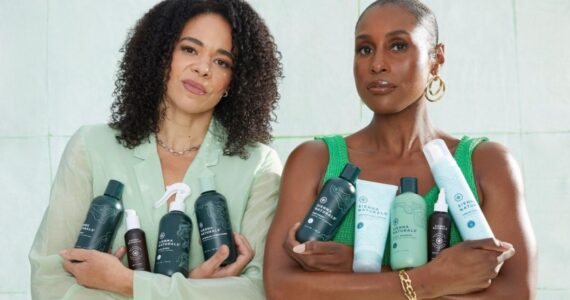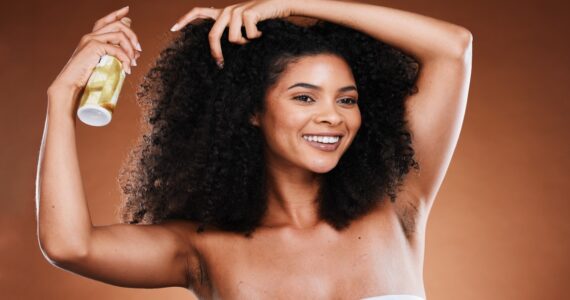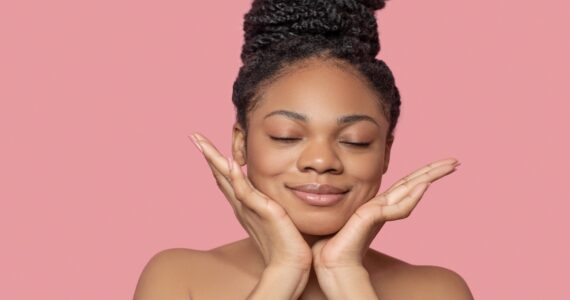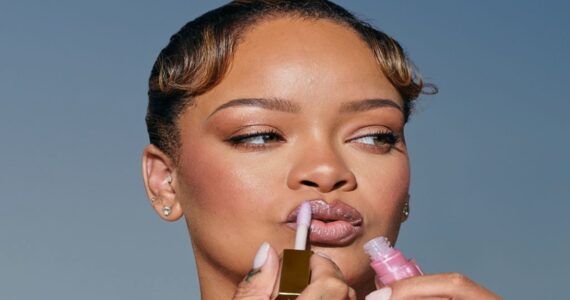Last summer, Danaë Pickard was hoping to have a fun Taco Tuesday at Cancun’s Sports Bar and Grill in Tallahassee, Fla. She and her girlfriends approached the front doors expecting to get in with ease. All hopes were let down once the security guard insisted only Pickard pay an entrance fee. At the time, the Tallahassee sport’s bar required men to pay entrance fees after a certain hour. Pickard thought the guard only ostracized her as a joke. After minutes of bickering, to her surprise, security assured they were not letting her into the grill because of her short cut.
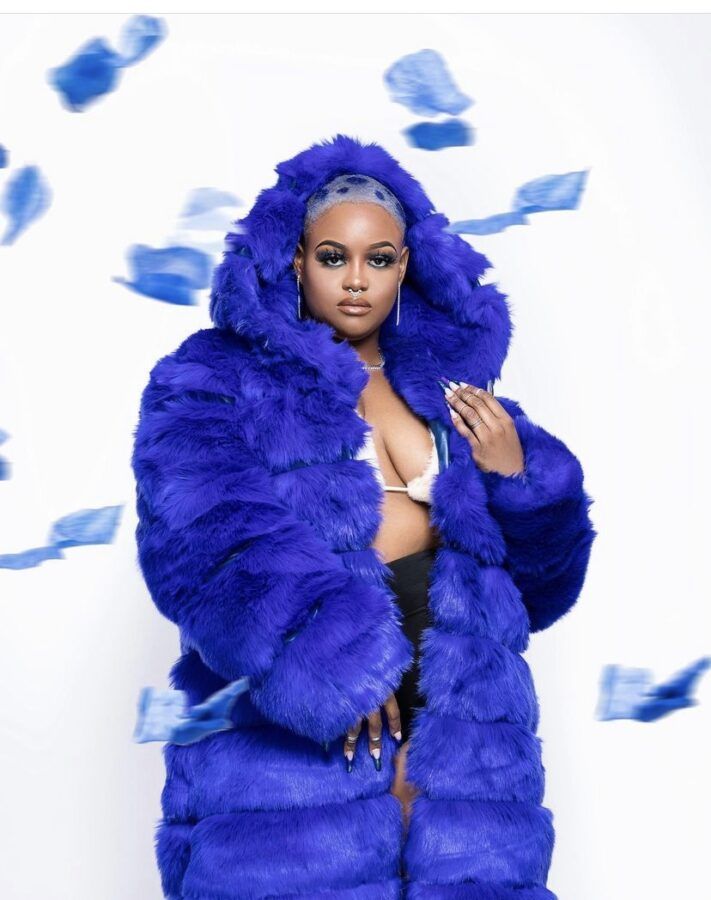
A recent survey I conducted shows 81.8% of women associated hair length with beauty before the natural hair movement. Within the last year, 50% of women experienced discrimination because of their hair. Bald women in particular are feeling the wrath of discrimination through misogyny and patriarcy.
“We’re walking and he kind of stopped me,” said Danaë Pickard, a social work student from the U.S. Virgin Islands“ he’s like ‘are you gonna pay?’”
Creating a Respectful and Open World for Natural Hair (CROWN) Act had not been effective in Florida at the time. This act makes it unlawful for sponsors under the Florida Housing Finance Corporation Act to discriminate against any person or family because of traits historically associated with race, etc. Experiencing legal discrimination is something this social work student will never forget.
In the heat of that moment, the manager was requested and apologized to Pickard for the inconvenience. Although he switched the security guard out and allowed her inside free of charge, this marginalization was far too familiar for Pickard to dismiss.
Long Hair? Don’t Care!
Before joining the baldie revolution, Pickard rocked a big puff throughout high school and some of her college years. She says she never styled her 4c textured hair because she was tender-headed. Pickard believes hair length in the Caribbean is praised. Growing up she would always receive compliments for her “good breed” of hair. She hated how much she connected her hair to beauty because of the flattery.
After the summer of her freshman year, she decided to go against the grain and chop off her hair. Pickard encourages others to love themselves at every stage even with no hair.

“It’s hair, it’ll grow back. Replace that fear with a celebration.” – Danaë Pickard
As of July 1 of last year, The CROWN act is effective in Florida. Moreover, Congress finally passed the bill as late as Sept. 21 of the year. Nevertheless, many individuals are still experiencing illegal discrimination because of their hair.
Breaking Free
Mahogany Miles, a student from Tampa, decided to cut her curls in August of last year. Her journey was off to a rocky start after she was refused service because of her hair choice. Three male barbers refused to cut her long hair shorter. Miles believes they didn’t cut her hair because she was a woman.
Finally, she let a female stylist cut her hair into her, now, low cut. Now that her hair is finally cut, one of the male barbers was finally willing to maintain the cut. Miles also says people make assumptions about her sexual identity because of her hair.
“I am a fluent person, I just didn’t think that my hair necessarily defined my sexual orientation,” said Miles.
Her grandparents even asked if she still was in a relationship with her boyfriend. She says she had explained that her hair was just an accessory.
The Tampa resident says her loved-ones claims she seems happier with the cut. And she feels happier. Miles prefers her hair short and doesn’t imagine herself growing it any time soon.
Misogyny in Beauty
Escaping the bondage to hair is a tough, yet rewarding, decision. It forces one to focus on the elements that make them special. Short cuts emphasize facial features, body stature, and even personality.
Susan Walker chemically relaxed her natural hair because she noticed professionals were intimidated by her strong demeanor. In the early 90s, Walker felt as though her hair length alarmed most people and made her seem combative. In 1991, Walker opened her salon International Cuts located in Miami, Fla. She decided to go into hair because she loved helping others feel comfortable in their natural environment.
“It was always taught, women that’s [hair] their beauty, their glory”, said the stylist
She noticed many shortcut women trusted her because male barbers tend to cut women’s hair masculine. The women complained of being treated differently when wearing a box edge-up, rather than a round one.
Walker even had her reaction to her short hair. She recalls a time when her grandmother passed and she was planning to travel back home for the funeral. She had recently cut her hair and thought it was best to give her family a “head’s up” call. Her dad couldn’t believe her and even told her to put her “hair back on” before she travels home. Eventually, her family accepted her decision.
“Some people still, with certain jobs, accept more straight hair other than natural,” says Walker “ and if natural hair they may want it full.”
All in all, the baldie revolution is to be celebrated instead of condemned. In the words of India.Arie, “I am not my hair.”
For more updates, follow MEFeater on Twitter, Instagram, Facebook, and Pinterest!


